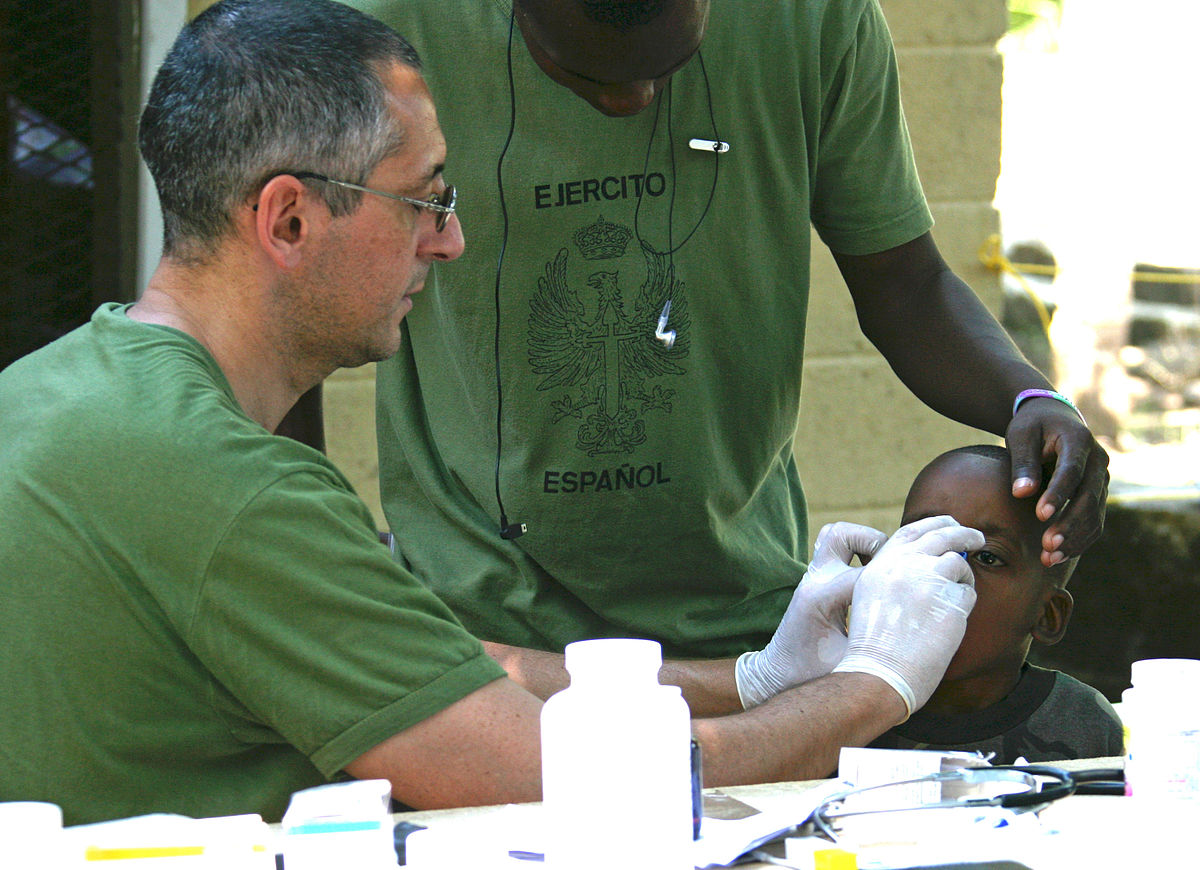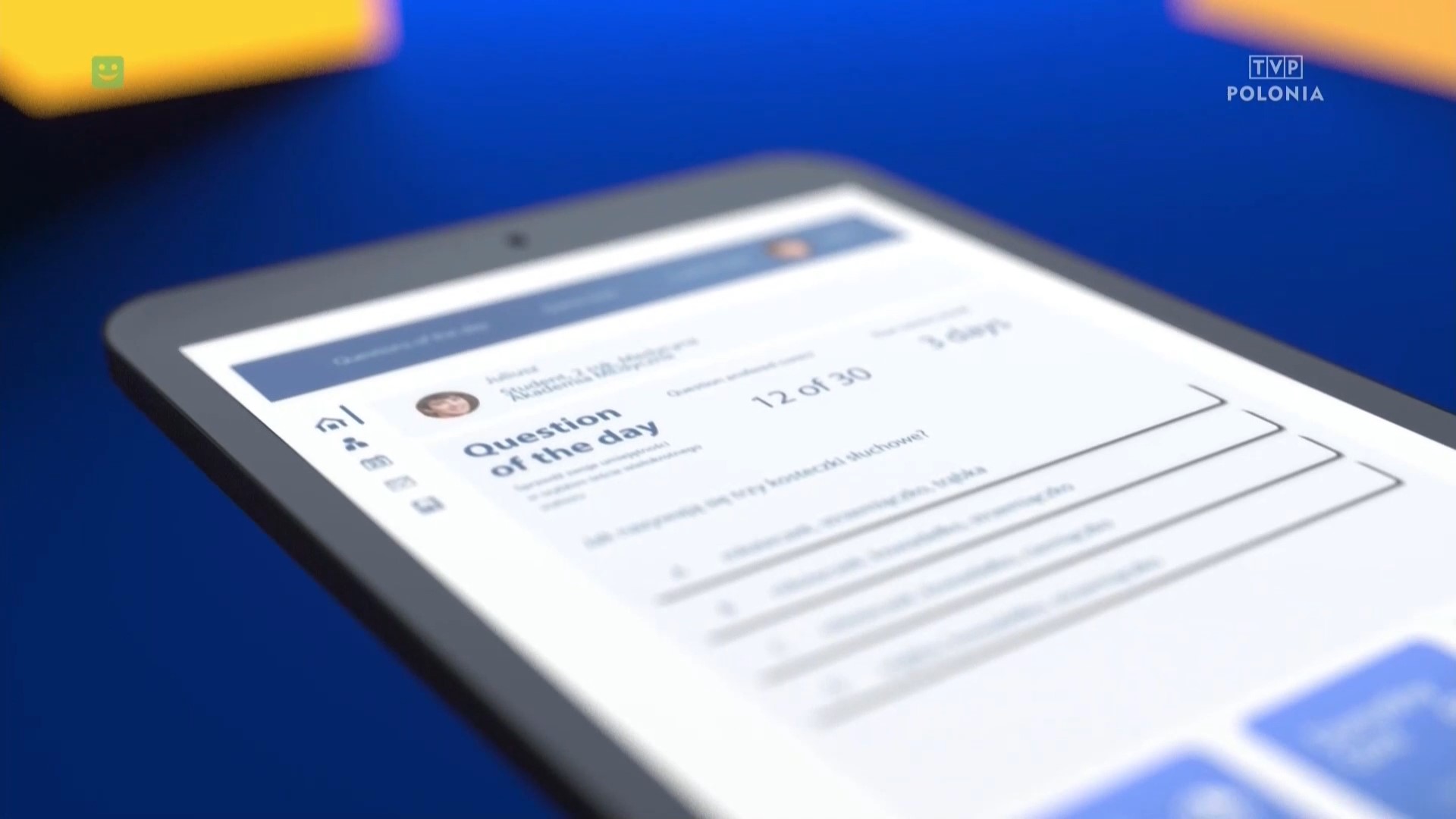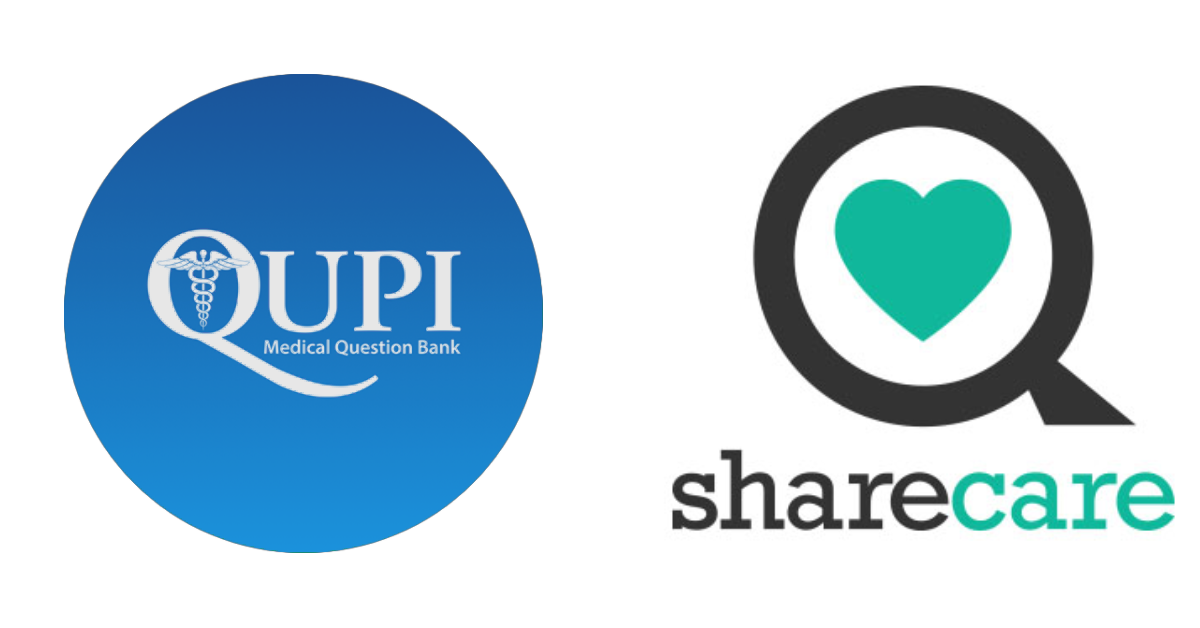Here at QUPI, our mission is to help you pass your medical school exams and become a doctor. But before you put yourself through the long, arduous and expensive process of completing medical school and your residency, it may make sense to quickly ask yourself: Why medicine, and not nursing?
While doctors are the generals in the war against illness – analyzing data and deciding on the best course of action – nurses are on the front lines. Nurses spend more time with patients than doctors, are increasingly relied upon to show medical knowledge and make decisions, and are able to finish their schooling and begin their careers in less time.
Becoming a doctor is a huge commitment, involving up to a decade of education and hundreds of thousands of dollars in fees. So, it pays to know for sure that you’re making the right decision.
Should You Really Choose Medicine Over Nursing?
While doctors are trained in the science and practice of medicine, nurses are trained in caring for the sick. This is a subtle yet important distinction.
There’s obviously a large amount of overlap between the nursing and doctor career paths, but they do come with different emphasis’. Nursing will general focus on direct patient contact and the implementation of the strategies that the doctors have arrived at through their knowledge of medical best practices and analysis of test results and patient data.
We’re all about quizzes here at QUPI, so let’s try something quick here. Take a look at the following statements, and rank yourself on a scale from 1 to 10. 1 means you strongly disagree, and 10 means you strong agree:
Nurse or Doctor? Pop Quiz!
Rank Yourself From 1 to 10 On the Below Statements, Based on How Much You Agree (10!) or Disagree (1).
- I enjoy working closely and directly with my patients
- It’s important to me to start my career as quickly as possible
- Maximizing my earning potential is not my career priority
- I want to focus holistically on the entire spectrum of patient care, rather than specializing in one particular field
- I want to focus on patients and procedures, rather than theory and analysis
Now, add up your score! In this completely non-scientific diagnostic exercise, we’ll call a “high” score 40 and above, and a “low” score 30 and below. If you scored 40 and above, then maybe nursing – the more direct, immediate and hands on approach is for you. If you scored 30 or below, then maybe the more analytical, specialized route of becoming a doctor is your preferred career path. Of course, this “test” doesn’t mean in anything in and of itself, but it may just give you something important to think about. After all, it is your life!
Nursing Vs Medicine: How Different is the Salary?
The elephant in the room here is that doctors are paid significantly more than nurses. According to the Bureau of Labor Statistics (BLS), as quoted by Maryville.edu, primary care physicians in the United States earn a median salary of $251,578. Nurse practitioners earn a median salary of $100,910 (BLS). That means doctors are paid almost 2.5X as much as nurses – a proportional gap that far exceeds the difference in training time, especially since nurse practitioners are increasingly expected to pursue a Bachelor of Science (Bsc) before progressing to their vocational training.
In the United Kingdom, the difference in pay between doctors and nurses is also significant. According to NHS Careers as quoted by the BBC, salaried GPs earn in the range of £55,000 to £80,000 or more. Nurses on the other hand start out in the £21,000 – £28,000 band. This makes a difference of pay in similar proportion to that in the United States.
For both career paths, seniority increases your earning potential, and in the UK a nurse consultant in the corporate sector or a senior matron could sometimes earn as much as a GP. However, doctors who specialize as surgeons can potentially go on to earn staggering figures. According to an article in Time Magazine, the best paid doctors in the United States are radiologists, orthopedic surgeons and cardiologists who can pull in around $315,000 per year, followed by anesthesiologists at $309,000 / year. That will certainly pay the rent – throw in a few jetskis too, while you’re at it!
It goes without saying that the highest paid surgery positions are extremely competitive and require talent in addition to hard work and patience to pull off. That said, if you are someone for whom earning a significant income is a career priority – and there’s nothing wrong with that at all – then the doctor path, rather than the nurse path, seems more like the best option.
Study Medicine After Your Nursing Degree?
After practicing nursing for several years, many nurses find themselves desiring more responsibility. They see doctors around them making decisions about the patients that they care for, and realize that they too want to be in the room. Others may have always intended to become doctors in the first place, and were using nursing as a bridge to pay the bills and get some hands-on experience before taking a step back and undertaking the second (expensive!) stage of their education.
Many doctors once practiced as nurses and while there may have once been a stigma associated with this, there is much less so now. Consider that both fields are becoming more gender diverse, and nurses themselves are increasingly trusted with more responsibility and decision making power.
So What’s Your Decision?
Are you a general, or a front-line soldier? While this metaphor is of course imperfect and overlooks that hands-on work that doctors do, not to mention the significant brain-work that nurses do, it does to an extent capture the essence of the dilemma.
Another way to phrase the question is this: Do you want to study patient care, or do you want to study the science of medicine?
Here at QUPI, we believe that medical education should be affordable and accessible to anyone who wants it. Try out a few of our quizzes to see if furthering your medical education is right for you!













